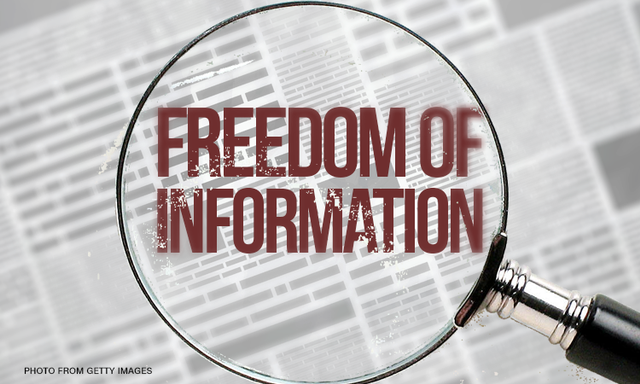


 Author: Nino Merebashvili
Author: Nino Merebashvili
On February 23-24, 2017, at an international conference held in Berlin, the European Freedom of Information (FOI) Commissioners and Ombudspersons signed a joint resolution calling on governments in Europe to protect freedom of information and strengthen the role of information commissioners and ombudspersons in their states.
The resolution notes that freedom of information commissioners are present in many European countries and that their role is essential for protecting and strengthening freedom of information.
Information commissioners and ombudspersons provide support and advice to citizens in exercising their rights to information. At the same time, they encourage the lawful application of the rights of access to information by providing advice and monitoring authorities.
Commissioners and ombudspersons in European countries have significant tools of making state agencies correct their violations and shortcomings identified as a result of monitoring. They also perform the role of mediators between the state and citizens.
The signatories of the resolution stress that freedom of information can be effectively protected only when there are appropriate mechanisms for oversight and implementation of legislation. Therefore, they call upon parliaments and governments in Europe to ensure that all people in their countries have the right to access independent offices and to provide these with appropriate funding as well as human and legal resources corresponding with the importance of their task.
Conference chairperson Professor Dieter Kugelmann stressed the importance of having common freedom of information standards and close cooperation between FOI commissioners and ombudspersons in Europe.
Georgia has yet to adopt a separate legal act on freedom of information. The country also does not have a freedom of information commissioner. Over the past few years, the Georgian government has taken commitments to adopt a separate FOI law as part of several international initiatives:
- EU-Georgia Association Agreement and its 2016 implementation action plan (Article 70.10)
- National Human Rights Strategy of 2014-2016 (Objective 9.3)
- National Anti-Corruption Strategy and Action Plan 2015-2016 (Objective 3.1)
- Open Government Partnership National Action Plans of 2015-2016 and 2016-2017 (Commitments 10 and 7)
In 2014, with the support of Open Society Institute, a working group composed of IDFI, FOI experts and representatives of the Ministry of Justice developed a draft law on freedom of information. The draft law was sent to the Ministry of Justice that fall, which was supposed to present the document first to the government and then to the Parliament. Unfortunately, the draft law is yet to be initiated.
The draft law developed by the working group also envisioned introducing a FOI commissioner. This is of particularly importance, since having an Inspector charged with protecting personal data on the one hand and not having a body responsible for doing the same for freedom of information on the other creates an imbalance between these two interests.
IDFI is in full agreement with the contents of the resolution adopted at the Berlin International Conference on Freedom of Information. We believe that freedom of information can be effectively protected only when there are appropriate mechanisms for oversight and implementation of legislation.
Therefore, we call on the Ministry of Justice and the Georgian Government to submit a draft law on freedom of information to the Parliament as soon as possible, which will raise the standards of access to public information and introduce a freedom of information commissioner.